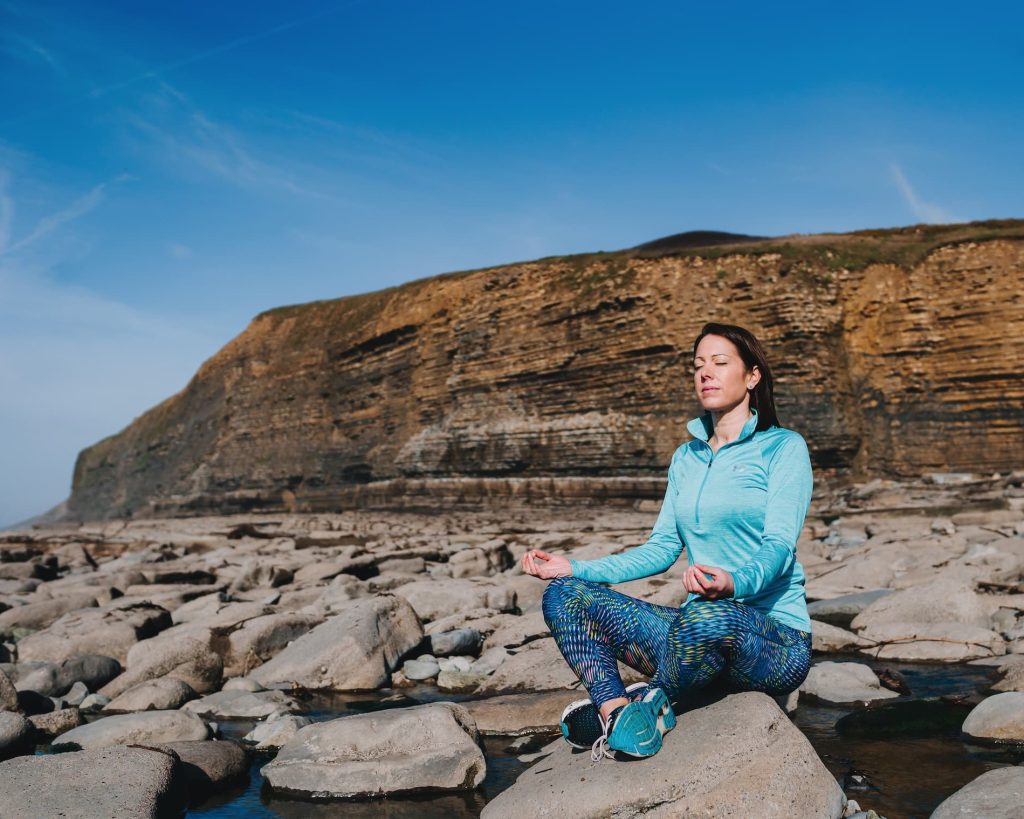
As I approach 48, I’m noticing changes. Not just the subtle physical ones — but deeper, more emotional shifts that sometimes catch me off guard. There are days I wake up irritable, anxious, or flat-out angry, and I can’t quite put my finger on why. No obvious trigger, no big problem. Just a bubbling undercurrent of frustration I can’t shake.
Sound familiar?
This is the reality of perimenopause for many of us — a time where our hormones begin to fluctuate in ways that affect not just our cycles, but our moods, energy levels, sleep, and overall sense of self. But here’s the thing: not everything is hormonal. And not everything is emotional.
The real skill — the one I’m learning day by day — is understanding the difference.
Listening to the Body’s Whispers
Our bodies are always speaking to us, but often we’re too busy, too distracted, or too outwardly focused to listen. When I feel out of sorts, I’ve started to ask myself:
- Is this hormonal — or am I just burnt out?
- Have I been triggered by something I haven’t processed?
- Have I been meeting my own needs lately — or just everyone else’s?
Sometimes, it is hormonal. Our estrogen and progesterone levels shift dramatically during perimenopause, and this can affect our serotonin, our nervous system, and our ability to regulate emotions. On those days, I try to give myself grace. I ride the wave, knowing it will pass.
But other times, it’s not just about hormones — it’s about me. About not slowing down. About not saying no when I need to. About working too much, carrying the mental load at home, neglecting the things that fill my own cup.
And one of the biggest tools I use to check in with myself is meditation, followed by journaling. After I’ve taken some time to breathe and settle, I ask myself questions in my journal — gently, curiously — and more often than not, the answers start to come. Was I triggered by something? Have I been taking care of myself? Have I moved my body? Have I had any time outside?
Because here’s the truth for me — I need daylight. I need fresh air. I need movement. If I don’t get outside I get irritable, restless and frustrated. Being indoors too long affects my mood more than anything else which is why I struggle during the winter months.
So when I’m feeling off, that’s one of the first things I check:
- Have I been outside today?
- Have I moved?
- Have I had any sunshine or light on my skin?
Those are my non-negotiables for staying grounded and happy. And I’m very aware that when I haven’t done those things, I don’t feel like myself. But here’s the other side of it — when I have moved, journaled, meditated, eaten well, connected with people, and still feel that wave of emotion hit, then I know — that’s hormones. And that’s when I offer myself compassion instead of criticism.
The Importance of Self-Awareness
Tuning in is key. When you know your body well, you begin to notice patterns. Maybe your mood dips at the same time every month — or maybe it coincides with periods of poor sleep or back-to-back work commitments.
Keeping a journal, tracking your cycle, noticing how you feel after different foods, activities, or interactions — these are all simple tools that help you build self-awareness. Over time, you start to distinguish:
- This is hormonal. My body is shifting.
- This is emotional. I need to process this trigger.
- This is exhaustion. I need to rest.
Self-Care Isn’t a Luxury — It’s a Lifeline
Perimenopause demands a new level of self-care. Not just bubble baths and candles (although I love those too), but boundaries, nourishment, movement, breath, space, and stillness. It means checking in with yourself regularly and giving yourself what you truly need — not what’s easiest or quickest or most convenient.
It also means recognising that just because you can do it all doesn’t mean you should.
You can’t pour from an empty cup — and pushing through will only make the crash harder when it comes.
My Ongoing Journey
This season of life is teaching me to pause more often. To rest without guilt. To say no without apology. To notice what’s happening in my body, and ask why — not with judgement, but with curiosity.
So if you’re feeling overwhelmed, irritated, or disconnected — take a breath. Ask yourself what you really need today. Maybe it’s movement. Maybe it’s space. Maybe it’s fresh air or stillness. Maybe it’s journaling to help you unpack the whirlwind inside.
And if it is hormones — you’re not alone. But if it’s something more? You deserve the time and space to explore that, too.
Your body is not your enemy. It’s your messenger. And the more you listen, the more you learn how to support yourself — with compassion, awareness, and care.
